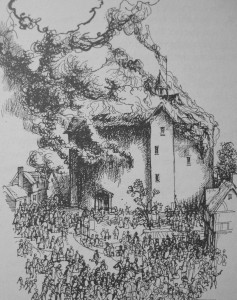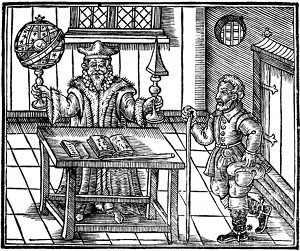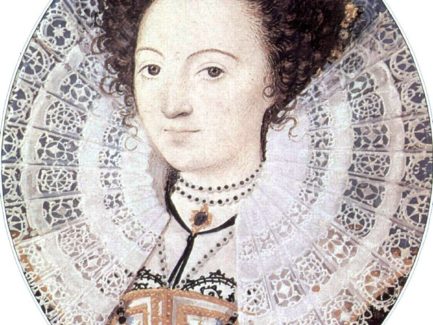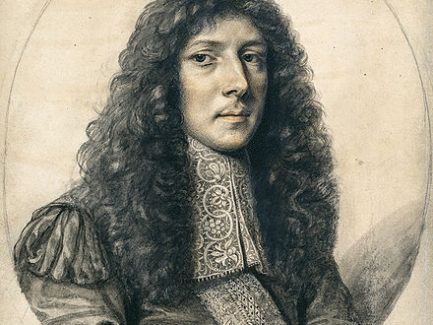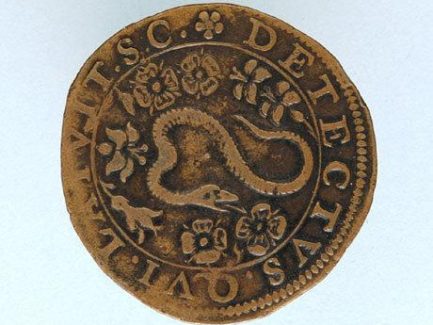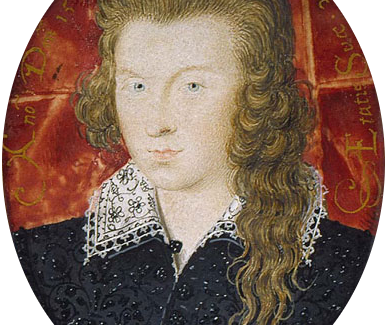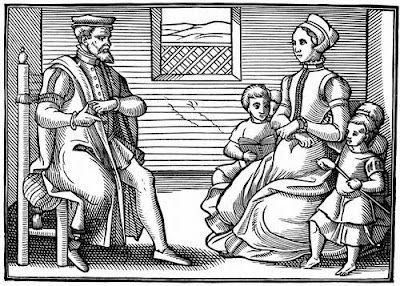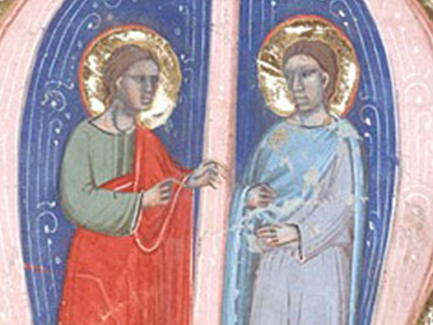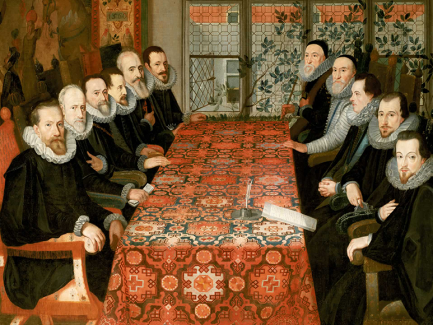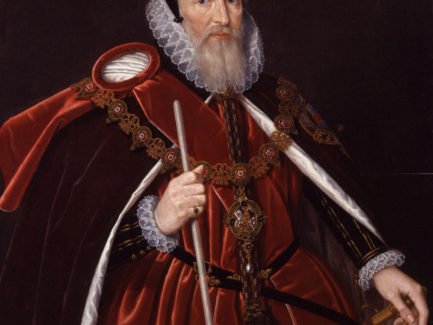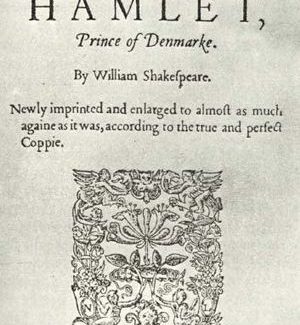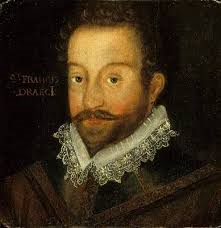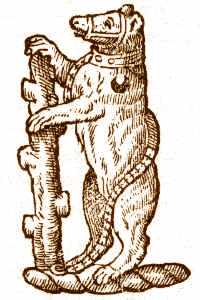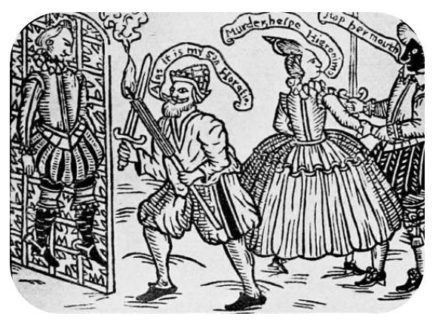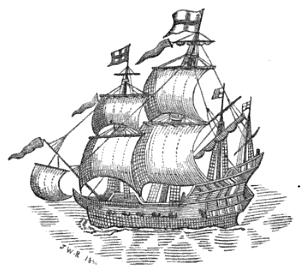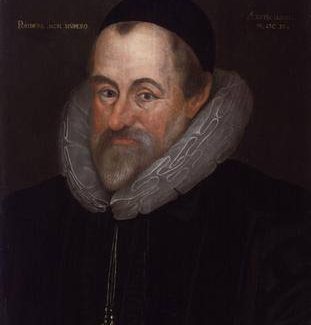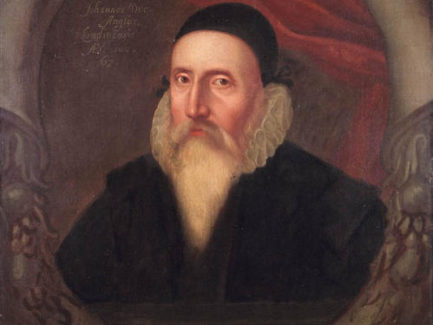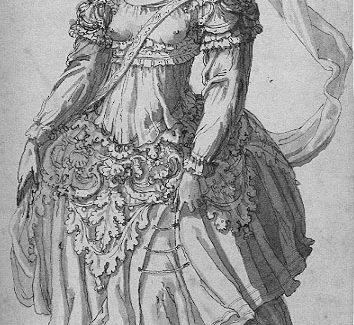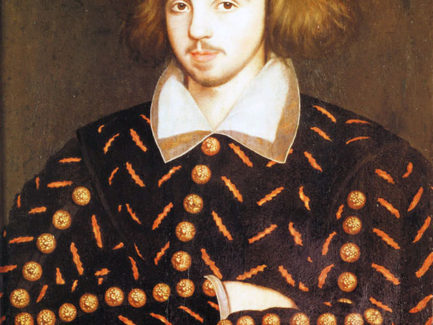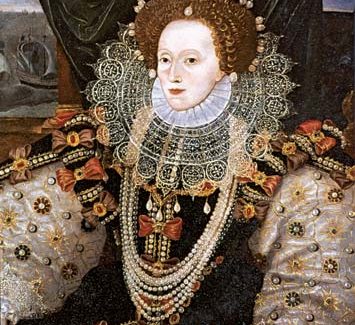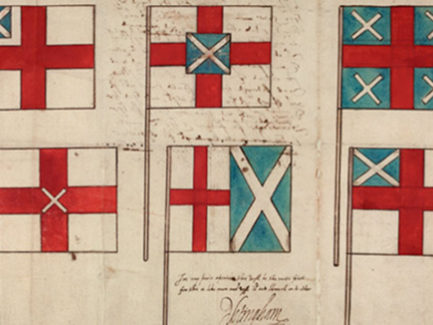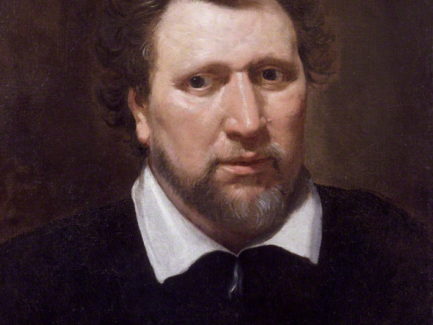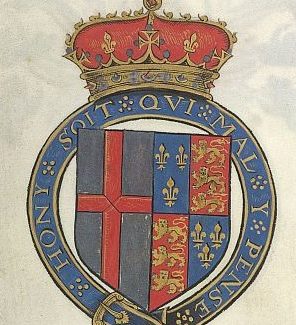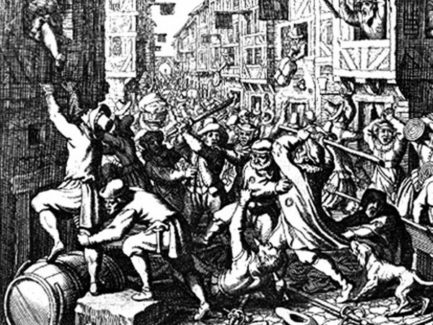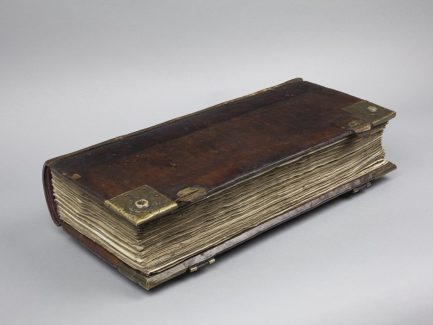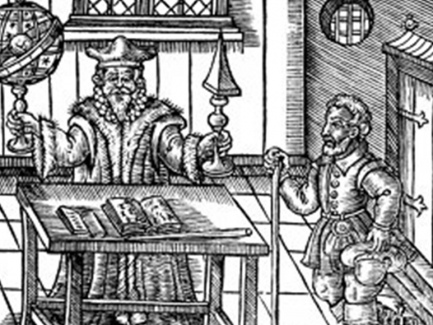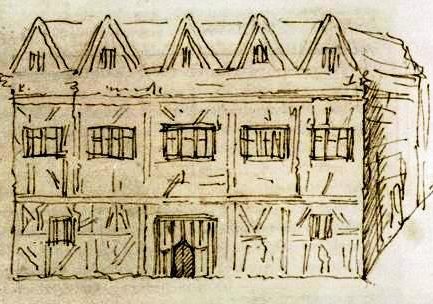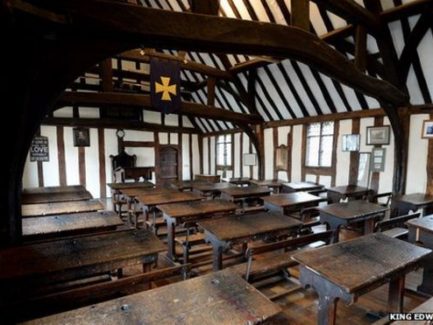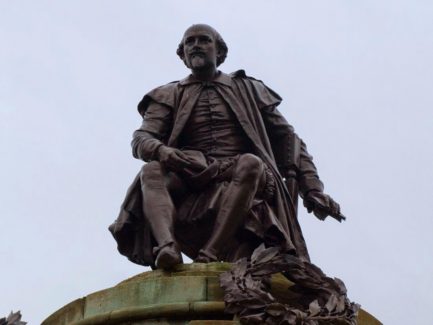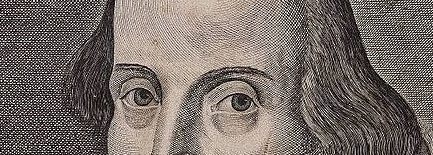Did Shakespeare dramatize his father in Much Ado About Nothing?

Much Ado About Nothing was printed in quarto form by Valentine Simmes in the same year it was entered on the Stationers’ Register. As stated on the title page, the play had ‘been sundry times publicly acted by the Right Honourable, the Lord Chamberlain his servants’. One character who stands out is the bumbling constable, Dogberry. This role would have been played by Will Kemp, the clown in Shakespeare’s playing company. Kemp was well-known for his witty repartee, physical comedy and comic improvisation. Before he joined the Lord Chamberlain’s Men, Kemp travelled widely as an entertainer and performed in various locations around Europe in the 1580s. In 1586, Kemp and five other English men were in Denmark entertaining Frederick II and his court as tumblers and musicians. Shakespeare would have drawn on Kemp’s skills and experiences as he wrote Dogberry into Much Ado About Nothing.
Shakespeare may have also drawn on his father’s experiences as a constable in Stratford-upon-Avon. In 1558 John Shakespeare became one of the constables elected to preserve the peace in Stratford-upon-Avon. Constables were required to bring violent men to court and to enforce bye-laws against street brawls. They apprehended young men who tried to bring daggers and other offensive weapons into the town, as well as vagrants, thieves, drunkards and murderers. Constables were also required to appear before leet courts and assizes and to undertake the night watch.
In Much Ado About Nothing, the job of a constable is humorously parodied by Dogberry and his accomplices. They arrest Borachio and Conrade, who have conspired against Hero, and bring them before Don Pedro. Unfortunately, the bumbling constable cannot speak without confusing himself and others with complicated, legal jargon. His speech, mostly incomprehensible, is met with gentle mockery from Don Pedro:
DON PEDRO
Officers, what offence have these men done?
DOGBERRY
Marry, sir, they have committed false
report; moreover, they have spoken untruths;
secondarily, they are slanders; sixth and lastly, they
have belied a lady; thirdly, they have verified unjust
things; and, to conclude, they are lying knaves.
DON PEDRO
First, I ask thee what they have done; thirdly, I
ask thee what’s their offence; sixth and lastly, why
they are committed; and, to conclude, what you lay to their charge.
(Act 5 Scene 1)
Dogberry’s malapropisms, incorrect words which sound similar to the words that should be used, add to the confusion. When he says he has ‘comprehended two aspicious persons’, he means he has apprehended two suspicious people (Act 3 Scene 5), and when he says ‘O villain! Thou wilt be condemned into everlasting redemption for this’, he obviously means they will be condemned into everlasting damnation (Act 4 Scene 2). The use of malapropisms is so characteristic of this bumbling constable that they are also sometimes known as ‘Dogberryisms’.
© 2018 Shakespeare’s World
To read more about this topic and other events on this day in Shakespeare’s lifetime, you can see our recommendations for further reading and visit our website to buy Shakespeare’s World App or to follow us on social media.




